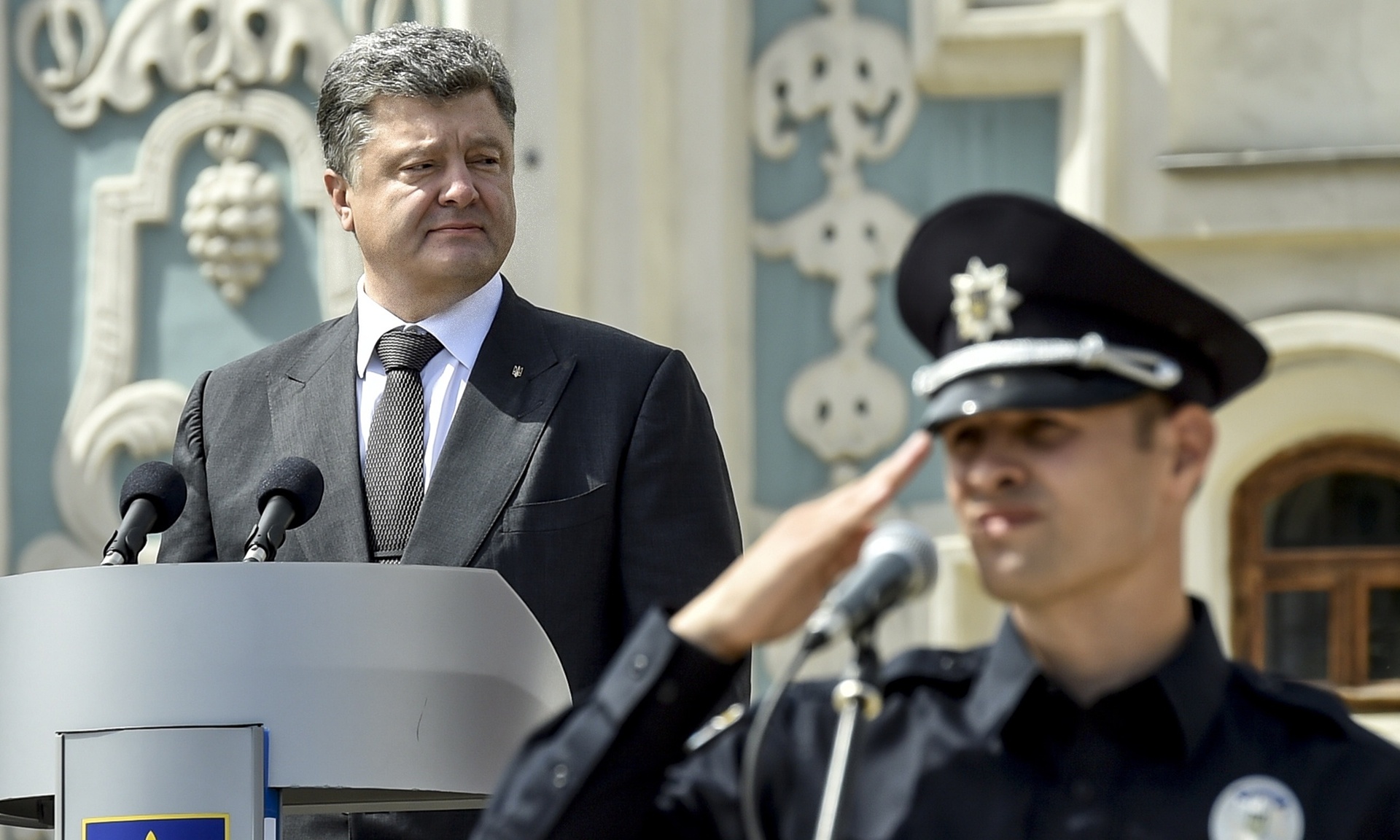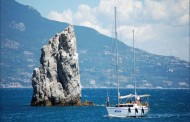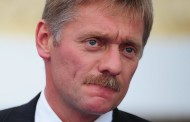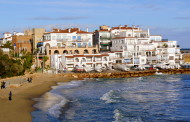In Ukraine, government supporters, western diplomats and opposition figures tend to reply to inquiries about how the process of “de-oligarchisation” is proceeding in the country with exactly the same response: hearty laughter.
Unlike in Russia, where the term “oligarch” has been a misnomer since Vladimir Putin stripped them of real political clout more than 10 years ago, Ukraine has been an oligarchy in the true sense, with a few extremely wealthy men wielding huge power and influence.
The Maidan revolution in February last year was largely prompted by the obscene corruption of Viktor Yanukovych and his close associates. Many protesters wanted a new type of society, one that was not run by an oligarchic class that has been so influential in Ukraine ever since independence.
Petro Poroshenko, the president elected a year ago, promised a new style of politics. Although a billionaire who has built up a successful chocolate empire, Poroshenko promised open and transparent governance. Parliamentary elections returned a new generation of young, idealistic figures who promised that Ukraine would never again be run in the interests of a few extremely rich people.
In a comment piece for the Guardian in April, Poroshenko said he was determined to battle the oligarchs and “prevent the inappropriate influence of private interests on the state”. It was with this goal in mind, he said, that he had sacked Ihor Kolomoisky, a powerful figure who had run the Dnipropetrovsk region in central Ukraine.
But Poroshenko is from the oligarch class and critics say he has failed to introduce a new kind of politics.
“There is a conflict there, between a genuine reform agenda and using the old-style administrative pressure to achieve these objectives,” said a source close to one of the country’s leading businessmen, who did not want to be identified because of the sensitivity of the situation.
There is a class of what I would call oligarchs nouveaux: they survived under Yanukovych and want a piece of the action
Victoria Voytsitska, MP
Victoria Voytsitska, an MP who sits on the parliament’s energy committee, said: “A year ago there were such high hopes for change, it’s all a bit upsetting. There is a class of what I would call oligarchs nouveaux: they survived, just about, under Yanukovych and now want a piece of the action.”
Those who flourished under Yanukovych are now under the cosh. Ironically, said Voytsitska, the government’s proposal for a new energy regulator was deeply flawed, while the best proposal had come from the Opposition Bloc, a group of MPs believed to have ties to Rinat Akhmetov, the richest man in Ukraine and the most influential businessman under Yanukovych.
Akhmetov, who paid £136m for an apartment in One Hyde Park in London in 2011, was widely seen as benefitting from his closeness to Yanukovych, and has come under pressure from the new government.
“Akhmetov used to be the lion in the jungle,” said Voytsitska. “Now that he understands he needs to survive in the new system, he’s advocating for everyone to leave the jungle and start a modern, transparent market.”
According to Voytsitska, international investors are unwilling to invest in Ukraine because they see the level of corruption as similar to that in Russia, but the market is smaller and the political risk higher because of the Russian invasion. She said the very fact that MPs and society were complaining about corrupt schemes, and catching them before they were implemented, represented progress from the Yanukovych era.
Some believe Ukraine needs time to transform, given the huge challenges, and the war in the east of the country. Over the past year, there has been some legislative reform, as well as a number of high-publicity appointments, such as that of the former Georgian president Mikheil Saakashvili’s as the governor of the port city of Odessa. He has been tasked with rooting out organised corruption. Another former Georgian official, Eka Zguladze, is the deputy interior minister. He has just finished “rebranding” the Kiev police force.
Mustafa Nayyem, a former journalist whose Facebook post formed the initial basis for the Maidan protests, is now an MP in Poroshenko’s bloc. He is critical of western politicians and business leaders who say they will not invest in Ukraine until large-scale reforms are made: “They are telling us they aren’t going to invest here because we are corrupt. So why are they investing in Russia? They helped Yanukovych even though everyone told them he was a corrupt dictator.”
He added:“We don’t have systemic corruption as a system of government any more.” However, he could not not see the “will of politicians” for reform, and said it would take at least five to seven years to create a new system.
As well as pressure from Europe and his own MPs, Poroshenko also faces a more radical opposition in the form of many of the volunteer battalions who have been fighting Russian and separatist forces in the east of the country. While some of these battalions are oligarch-funded, others demand more radical political change. Earlier in July, gun and grenade battles between police and members of the nationalist Right Sector left at least two dead in the east of the country.
Some say that in calls for speedy de-oligarchisation, western leaders and idealists simply do not realise how entrenched the current system is.
“Poroshenko says what the western politicians want to hear, and for some reason they believe him, but they don’t understand how impossible de-oligarchisation is in our system, how deep this post-Soviet legacy runs,” said Irina Vereshchuk, the former mayor of Rava-Ruska, a town in western Ukraine. “The oligarchs are like the blood and organs of the system, and we have nothing yet to transplant them with.”






Recent Comments
David Hudziec in: Na froncie przygaszonej wojny
Dzięki ...
Adam in: Na froncie przygaszonej wojny
Dawid, pozdrowienia dla Ciebie i powstańców ! ...
Adam in: ATO: siły powstańcze ostrzelały blokpost
biedni banderowcy... (operacji terrorystycznej :))))))))))))))) ...
Adam in: Trwa ostrzał Gorłówki
po raz enty wyrażam nadzieję, że wojska Noworosji nie pozostawiają teg ...
Adam in: Zatrzymano transport mięsa
banderowcy nie mają co żreć ...